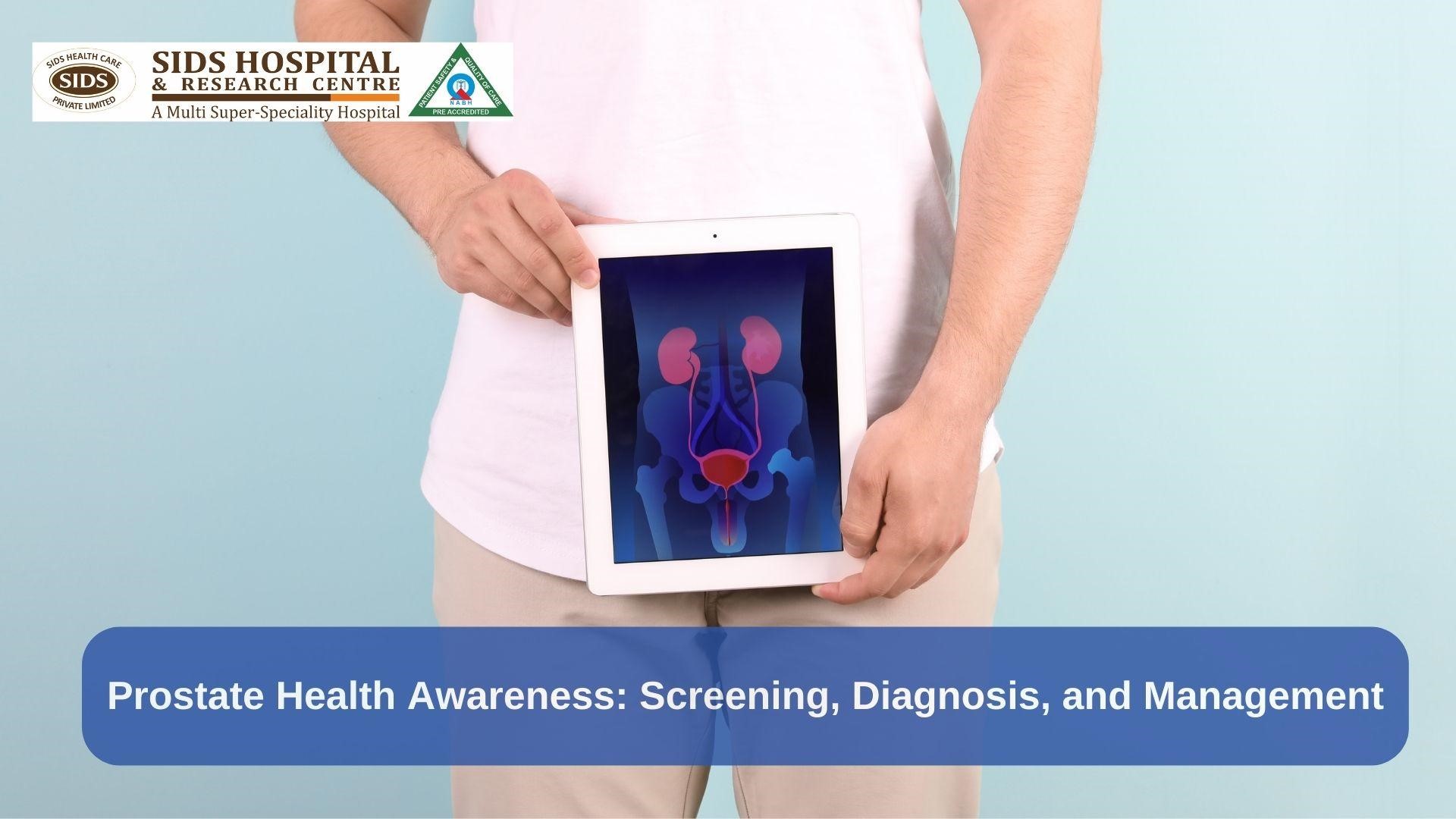Unveiling the Safety Protocols and Risks of Laparoscopic Surgery: What You Need to Know
Laparoscopic surgery, also known as minimally invasive surgery, has revolutionized the field of medicine with its numerous benefits. From shorter recovery times to reduced postoperative pain, laparoscopic procedures offer patients a less invasive alternative to traditional open surgery. However, like any medical procedure, laparoscopic surgery comes with its own set of safety measures and risk factors that patients should be aware of. In this article, laparoscopic surgeons from SIDS Hospital, well-known as one of the best hospitals in Surat, have outlined the safety protocols and potential risks associated with laparoscopic surgery. Let’s take a look:
Safety Measures
Before getting into laparoscopic surgery, your team of healthcare experts will take care of the following safety measures to ensure that you get to experience the best laparoscopic surgery in Surat:
Preoperative Assessment
A comprehensive preoperative assessment evaluates not only physical health but also factors such as medication use, allergies, and previous surgical history. This holistic approach ensures that any potential risks or contraindications are identified and addressed before surgery.
Patient Education
In addition to discussing the procedure itself, patients should be informed about the importance of preoperative preparations, such as fasting and medication adjustments. Clear communication about postoperative expectations and potential complications empowers patients to actively participate in their recovery process.
Surgical Team Expertise
Beyond technical proficiency, the surgical team’s ability to collaborate and communicate effectively is crucial for ensuring smooth and safe surgical outcomes. Patients should feel confident in their surgeon’s expertise and trust the entire team’s commitment to their well-being.
Sterile Environment
Strict adherence to infection control protocols minimizes the risk of surgical site infections, which can lead to prolonged hospital stays and additional treatments. SIDS Hospital, one of the best stomach hospitals in Surat, maintains a sterile environment that incorporates meticulous attention to detail, from proper hand hygiene to thorough cleaning and sterilization of equipment.
Advanced Equipment
The continuous evolution of laparoscopic technology has led to the development of increasingly sophisticated instruments and imaging systems. For the best laparoscopic surgery in Surat, surgeons from SIDS Hospital rely on these innovations to perform complex procedures with precision and confidence, enhancing patient safety and outcomes.
Anaesthesia Monitoring
Anaesthesia management is tailored to each patient’s individual needs, taking into account factors such as age, weight, and medical history. Continuous monitoring of vital signs allows anaesthesiologists to detect and address any changes promptly, minimizing the risk of anaesthesia-related complications.
Postoperative Care
Recovery doesn’t end when the surgery is over; it’s an ongoing process that requires diligent monitoring and support. Patients should be encouraged to report any unexpected symptoms or concerns promptly, allowing healthcare providers to intervene early and prevent potential complications.
Risk Factors
Some risk factors of laparoscopic procedures include:
Infection
Despite rigorous infection control measures, the risk of infection can never be entirely eliminated. Patients can help reduce this risk by following postoperative wound care instructions and attending follow-up appointments for monitoring and assessment.
Bleeding
While laparoscopic techniques minimize tissue trauma and bleeding compared to open surgery, some degree of bleeding is still possible. Surgeons from SIDS Hospital, one of the best hospitals in Surat, are trained to identify and address bleeding promptly to prevent excessive blood loss and its associated complications.
Organ Damage
Although rare, inadvertent injury to nearby organs or structures can occur during laparoscopic surgery, particularly in complex cases. Surgeons employ meticulous technique and anatomical knowledge to minimize this risk, but vigilance and expertise are essential.
Blood Clots
Immobility during surgery and the early postoperative period can increase the risk of blood clot formation, especially in patients with pre-existing risk factors such as obesity or a history of blood clots. Patients are encouraged to mobilize as soon as possible after surgery and may receive prophylactic measures such as compression stockings or blood-thinning medications.
Anaesthesia Complications
Anaesthesia-related adverse events are rare but can have serious consequences if not promptly recognized and managed. SIDS Hospital’s anaesthesiologists undergo rigorous training to anticipate and mitigate potential complications, ensuring patient safety throughout the surgical process.
Conversion to Open Surgery
While laparoscopic surgery offers many advantages, unforeseen challenges may necessitate conversion to an open approach. Surgeons prioritize patient safety above all else and make this decision when it’s deemed necessary to achieve the best possible outcome.
Conclusion
Laparoscopic surgery offers numerous benefits for patients, including faster recovery times and reduced postoperative pain. Like any other procedure, it’s essential to understand the safety measures and potential risks associated with laparoscopy. By working closely with the surgical team of SIDS Hospital, one of the best gastro hospitals in Surat, and following preoperative and postoperative instructions, patients can minimize the risk of complications and achieve successful outcomes.


 Book Appointment
Book Appointment.png) Video Consultation
Video Consultation









